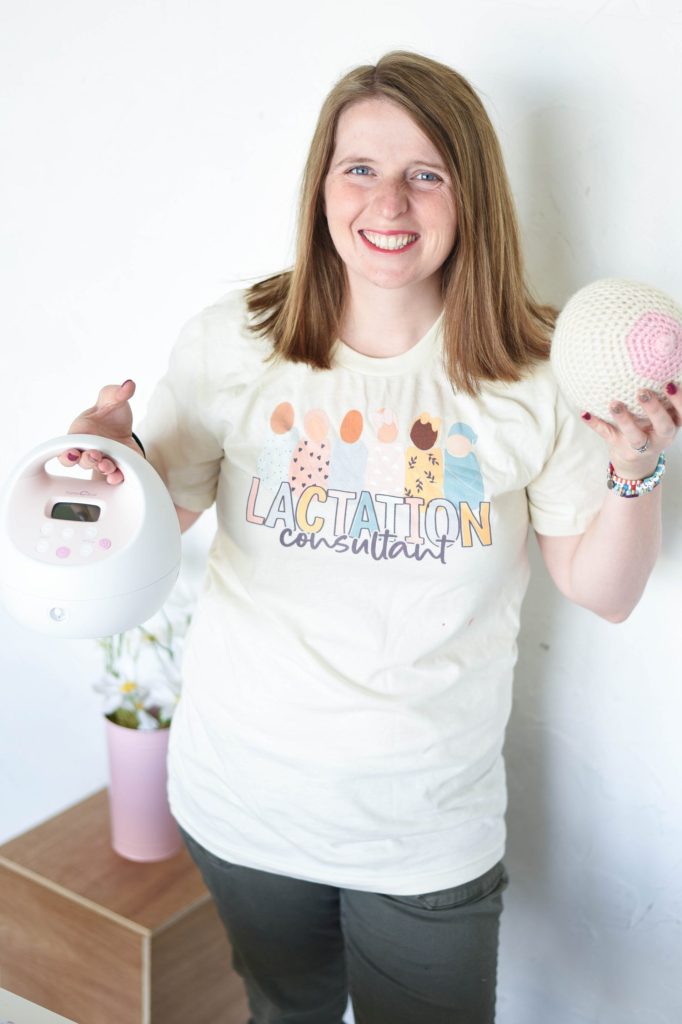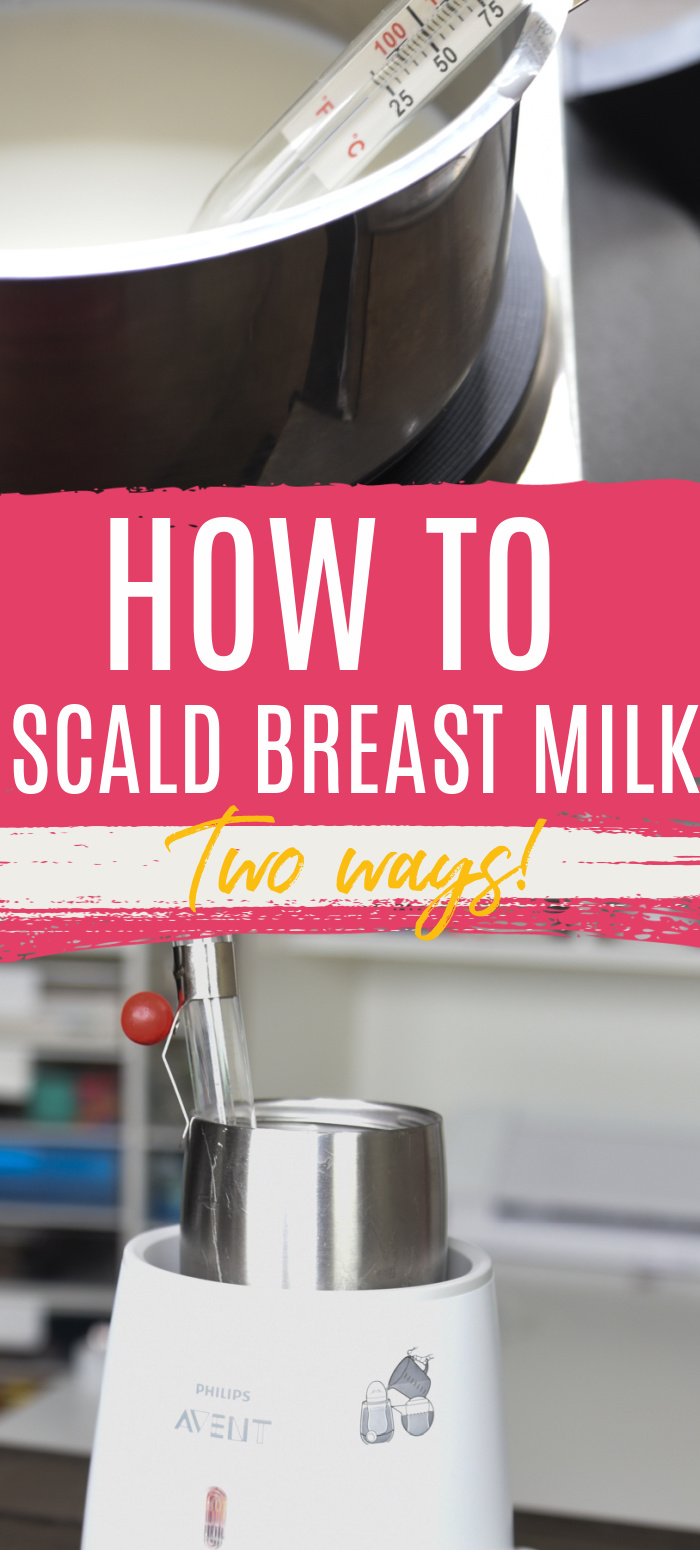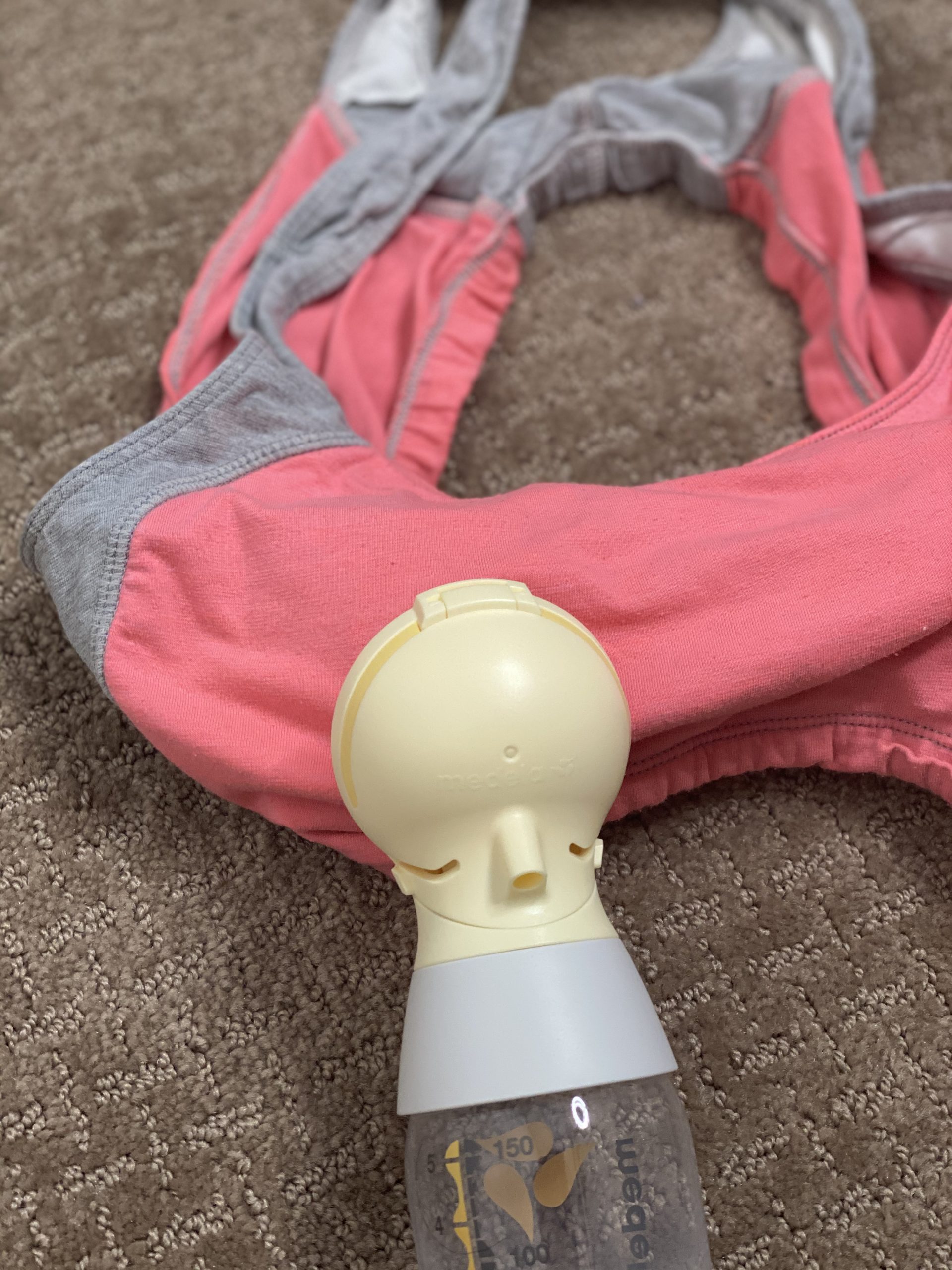It can be hard to know when to take a pregnancy test while breastfeeding. In this article, we will share everything you need to know about timing and what type of pregnancy test might be best for you.

While breastfeeding can prevent pregnancy, it’s not guaranteed.
Many women find themselves wondering if they are pregnant – and if so, when should they take a pregnancy test.
This can be especially tricky if your period hasn’t returned – as it is possible to get pregnant before then.
If you are trying to get pregnant while breastfeeding, experiencing symptoms, or just want to be extra careful, here is some advice on when to take a pregnancy test while breastfeeding.
Wait at least two weeks after a missed period:
If a mother’s menstrual cycle has returned, and she has missed a period, it is typically best to wait at least two weeks before taking a pregnancy test. This allows enough time for pregnancy hormones to build up in the body and be detected by a pregnancy test.
Take a pregnancy test if experiencing pregnancy symptoms:
If a mother is experiencing symptoms such as nausea, fatigue, and breast tenderness, and suspects she may be pregnant, she can take a pregnancy test as early as one week after a missed period if it has returned.
However, if her period hasn’t returned, she should consider taking one right away to see if she is pregnant. If the test comes back negative and symptoms persist, take another test in a few days or contact your doctor for a blood pregnancy test.
Take a pregnancy test if breastfeeding less frequently:
If a mother is breastfeeding less frequently or supplementing with formula, she may be at a higher risk of ovulating and becoming pregnant. If she suspects she may be pregnant, she can take a pregnancy test as early as two weeks after having unprotected sex.
Take a blood test for early detection:
If a mother suspects she may be pregnant but is unsure when to take a pregnancy test, a blood test may be the best option. Blood tests can detect pregnancy hormones much earlier than urine tests and can provide a more accurate result.
PRO TIP: Find yourself constantly taking pregnancy tests? Amazon is the best place to buy pregnancy tests in bulk so you aren’t breaking the bank! This is our favorite brand.
Factors to Consider:
Frequency of breastfeeding:
One of the primary factors that affect the timing of a pregnancy test while breastfeeding is the frequency of breastfeeding.
Breastfeeding releases a hormone called prolactin, which suppresses ovulation and can delay the return of menstrual periods.
The more frequently a mother breastfeeds, the more likely it is that ovulation will be suppressed, and the longer it may take for her periods to return.
If a mother is exclusively breastfeeding, meaning that she is breastfeeding her baby around the clock, and not supplementing with formula or solid foods, it is less likely that she will ovulate and become pregnant.
However, if a mother is breastfeeding less frequently or supplementing with formula, ovulation may resume sooner, and the risk of pregnancy may increase.
PRO TIP: We are HUGE fans of tracking your cycle through temperature – but it can be hard to remember to take it first thing when you wake up. I recommend using TempDrop to track your cycles – it can even help you figure out if you are ovulating before your period even comes back! The code AFBREASTFEEDINGMAMA will get you 10% off.
Menstrual cycle:
Another factor to consider when taking a pregnancy test while breastfeeding is the mother’s menstrual cycle. If a mother’s periods have not returned after giving birth, it may be more challenging to determine when to take a pregnancy test.
However, if a mother’s periods have returned, and she is tracking her cycle, she may have a better idea of when she is ovulating and when to take a pregnancy test, which will typically be around 14 days past ovulation.
Type of pregnancy test:
Finally, the type of pregnancy test used can also affect when to take a pregnancy test while breastfeeding.
There are two main types of pregnancy tests: urine tests and blood tests. Urine tests can be purchased over-the-counter and are the most commonly used type of pregnancy test. These tests can detect pregnancy hormones in urine, but the accuracy of the test can vary depending on when it is taken.
Blood tests, on the other hand, are performed by a healthcare provider and can detect pregnancy hormones much earlier than urine tests. If a mother suspects she may be pregnant but is unsure when to take a pregnancy test, a blood test may be the best option.
Taking a blood test can also better date the pregnancy. So if you aren’t sure when you got pregnant, this will probably be your best option!
In conclusion, the timing of a pregnancy test while breastfeeding depends on several factors, including frequency and intensity. Always reach out to your care provider with additional questions!







